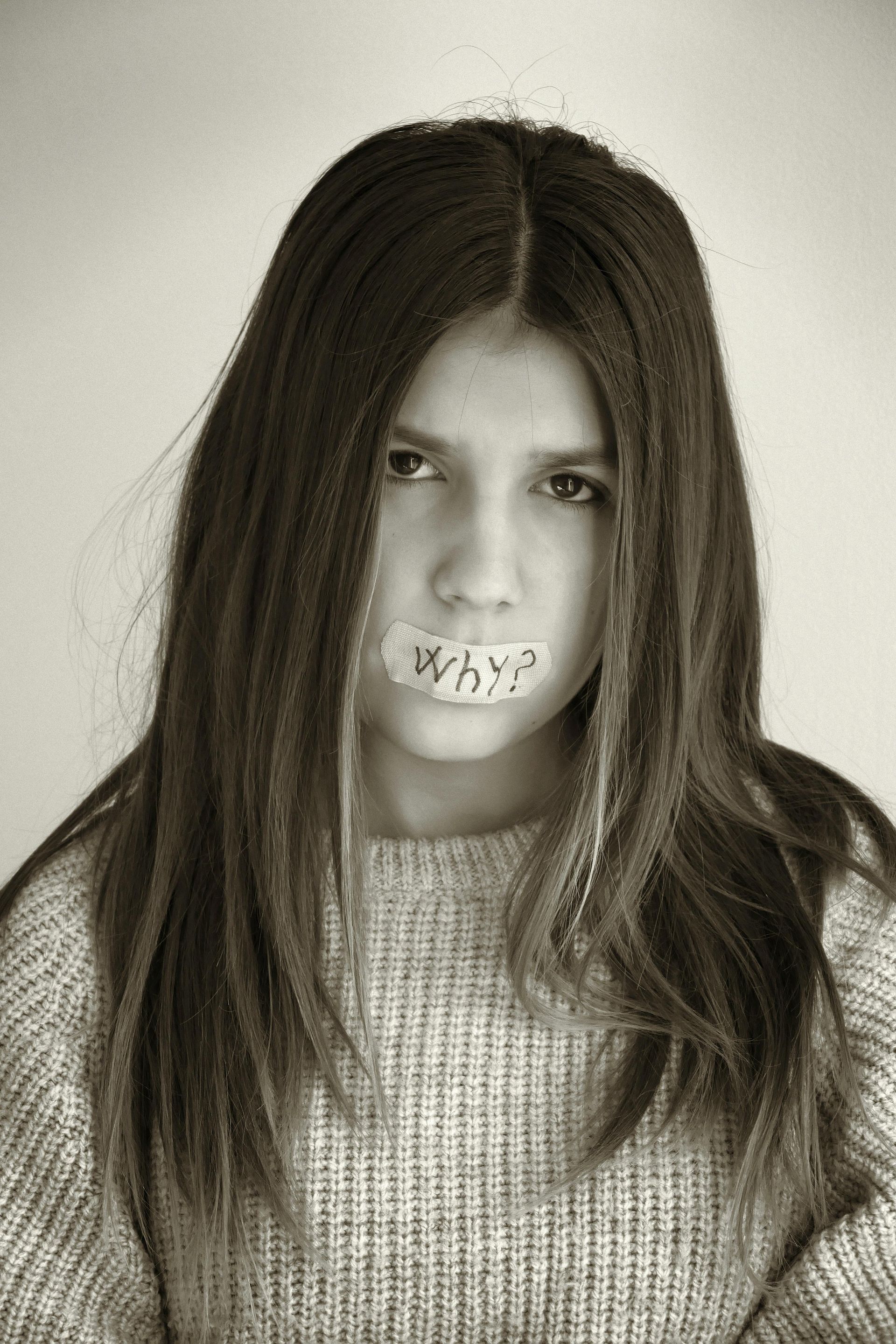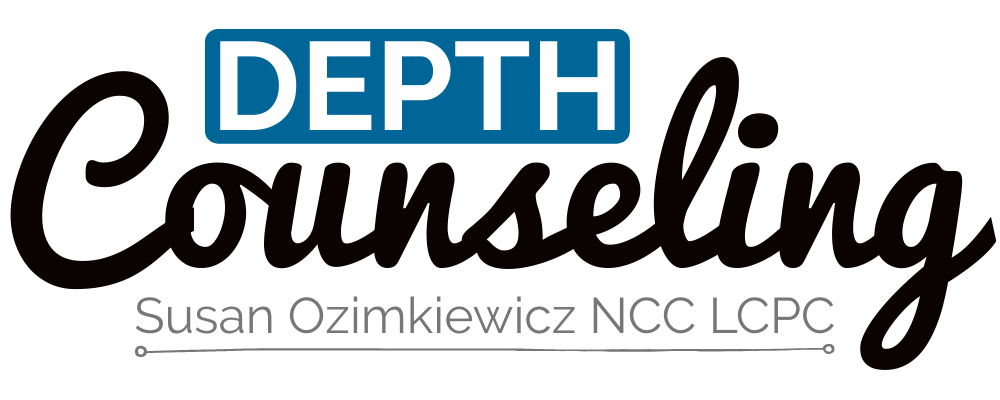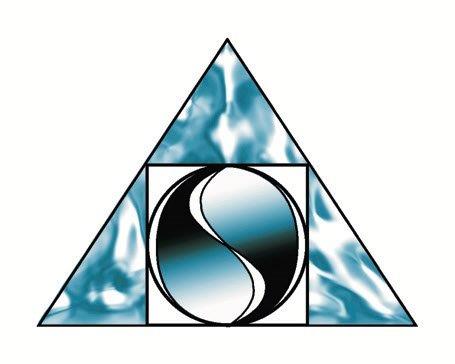Ouch! That Hurts My Feelings

Many of my clients have worked on their hurt feelings. Wounds that feel as if they were stabbed in the heart. For some people their personal emotional disturbances have been distressing and hurting them for years. Sometimes someone will say I thought that wound was all over and worked through. It has just popped up again, and I was triggered by words that I heard that I remembered were said to me years ago. Then I had a huge emotional reaction. Often the wounds are about what the parents did or did not say to their child. A child can internalize a criticism that becomes an impediment or block to the unfolding to live their life.
Even if the person is grown up, a parent may say something to their adult child that can make them feel in “trouble” with the parent all over again. An example is in just the tone of voice the parent will use as they say your name out loud can do it. Sometimes the parents are blamed for their personal emotional pain since the person does not realize that they have decided to be re-hurt. It is important to know that everyone is wounded in some way. Many clients think that they are the only ones who are suffering. The people you meet may seem happy and appear as though his or her life is going great. If you really start talking to them, you would find out that they hurt. They are wounded too.
Woundedness
Carl G. Jung and many others have said and written about the fact that everyone has a wound. Overtime it rubs and works them just as an oyster takes a grain of sand and makes it into a pearl. It is a wound that irritates and grates on their psyche and heart to become self-aware in order to integrate the problematic issue and heal. Sometimes it is a secret wound that accompanies them throughout life. They have kept it totally to themselves by locking it away metaphorically and symbolically in their chest. I have had clients come into a session and say to me, “I have a secret that I have never told to another person.” That personal secret is now starting to spill over and needs to be integrated, processed and used in a meaningful way for their personal healing. James Hillman the founder of A rchetypal Psychology said, “Wounds and scars are the stuff of character.” The word ‘character’ means at root ‘marked or etched with sharp lines,’ like initiation cuts.”
Cutting Words
“The tree which moves some to tears of joy is in the eyes of others only a green thing which stands in the way…As a man is, so he sees.” ̶ William Blake
Emotional injury and hurt feelings result when a sudden verbal attack or comment, a cutting remark is taken personally. There is the feeling of having been stabbed in the back or heart. Critical words can cut to the quick. Sometimes you carry this pain for years never forgetting the exact words that were said as they are replayed in the mind over and over again. Every time the words are ruminated on the inner trauma and hurt is felt as if it is happening again. Many times, I have asked a client which feeling is wounded? This question can begin the excavation and exploration to uncover the root of the problem.
According to Taschen’s The Book of Symbols, the Old English word for wound is wundian means a laceration or breach in the psyche. The Greek word trauma means wound, hurt, a damage of things, a heavy blow or injury. The Latin word vulnus means wounds that are like cuts, holes, rents, cracks, that are visible and invisible showing various vulnerabilities. Since antiquity, wounding has been seen as a gateway, an opening or a window for possible transformation, change, growth, and development in your life. Jung called these wounds “lesions to the ego” (CW 16 para.472).
The injury can be caused by words that damage or ruin a person’s name or reputation. A person’s pride can be wounded by hearing the word no or being turned down in some way. It is experienced as the feeling of rejection, not worthy or good enough. There is the inner feeling of wanting to lick one’s wounds or find a self-soothing balm to gain relief. The main problem that confuses many people is that they will say something innocently or as a fact, and the other person is wounded to their core. The person talking has no idea the other person is being hurt or wounded unless that person can speak up about it. Actually, it takes courage to express yourself. It is a risk to have a conversation because you have no idea how the other person has heard or received your words.
All wounds need to be attended to, cleaned up, looked at with tender care as they are explored because as the African proverb states “the wound carries the medicine.” Otherwise, the painful wound can contaminate and infect the whole life. Some of the ways to work with emotional wounding are to journal and write about it. Depth psychotherapy is an excellent way to work with hurt feelings and come to understand more about yourself. A very simple way to let another person know that your feelings are being hurt by what they are saying is to say, “Ouch” out loud. Subsequently, the speaker can think about what was just said. Then they have a chance to clear it up, explain or clarify. Ouches, wounds and hurts can be repaired because once there is understanding; letting go and forgiveness then can happen.
“Tears are words that need to be written.” – Paulo Coelho







